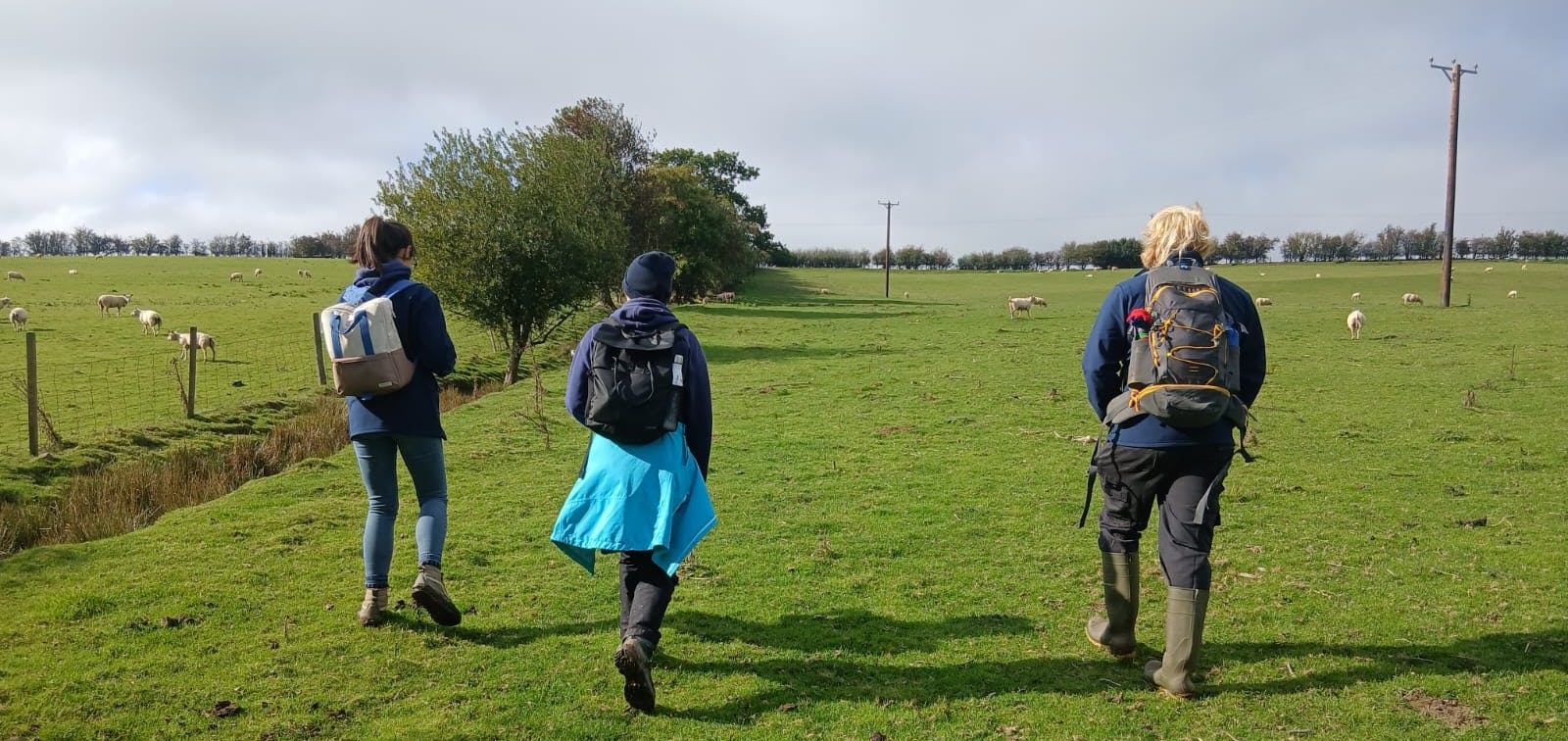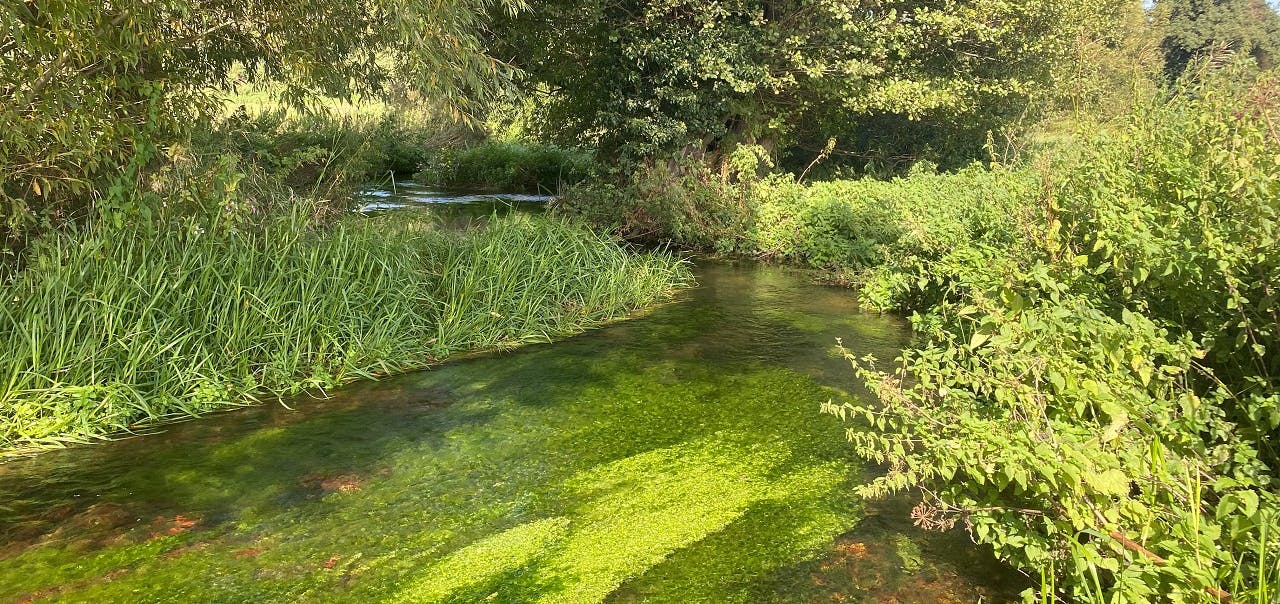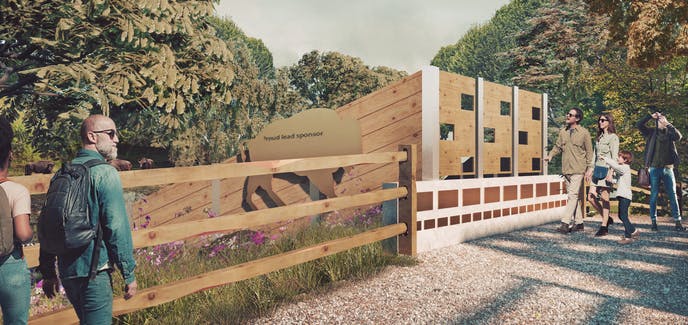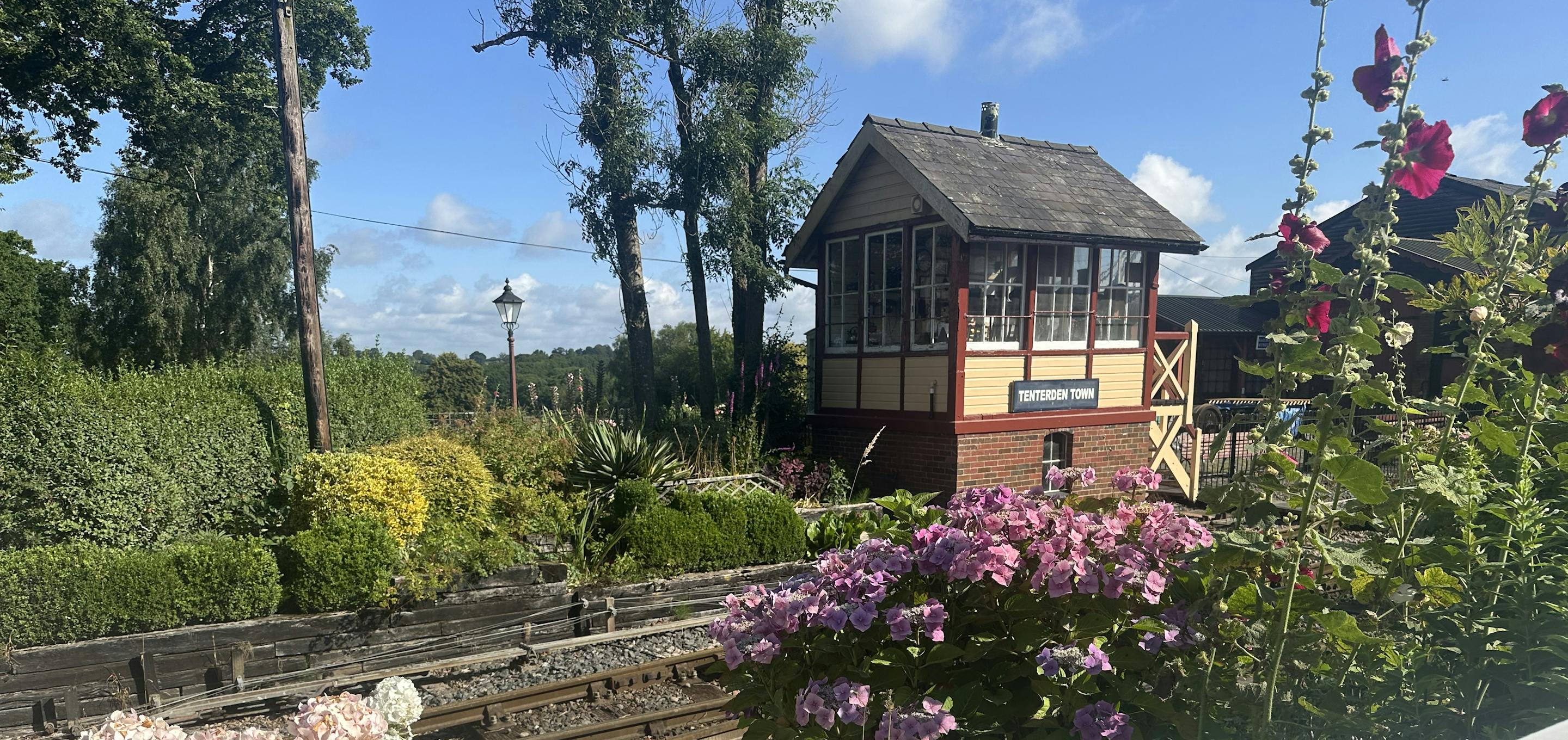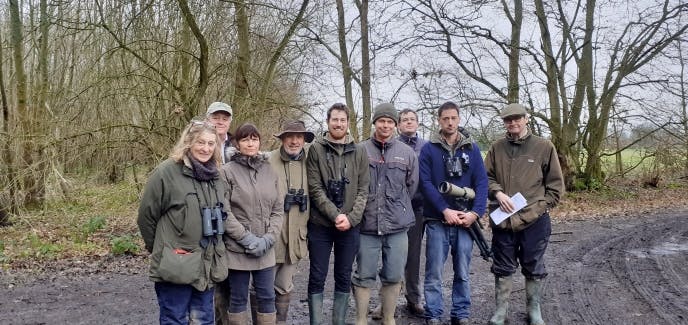
Nightingale surveys of Upper Beult farmer cluster
With funding from Southern Water, we are working with farmers and other landowners in the Upper Beult farmer cluster to map Nightingale territories within that part of the Low Weald. Most of Britain’s breeding Nightingales are now found in south-east England, with Kent being the premier county. In Kent, the Low Weald area is particularly important for this iconic species – recognised as a county conservation priority in the Kent Nature Partnership Biodiversity Strategy. The Upper Beult farmer cluster is coordinated by Kent Wildlife Trust.
The Brief
Nightingale surveys involve visiting areas during late April and May to record singing males. The best time of day for surveys is very early in the morning, starting before dawn. We mapped all territories and also identified opportunities for habitat restoration to improve connectivity between existing clusters of birds linked to the current best habitat.
The Benefits
By working with farmers, we can create, connect, and manage habitats in suitable places to benefit Nightingales. This is best tackled through a detailed understanding of the current distribution of territories, which we use to demonstrate the habitat requirements of the species. As part of this work, we are also collaborating closely with South East Rivers Trust to maximise opportunities for Nightingale-related habitat restoration to also benefit natural flood management and water quality.
The Methods
We are using the latest data collection technology to assist with these surveys. Nightingales territories are mapped in the field using a bespoke app, and we are also trialling the integration of collecting sound recordings with a view to future analysis of sonograms.
Follow the journey
The development of citizen science to help monitor the number of singing male Nightingales in the study area over the long term is a key objective of this project. In collaboration with project partners, we will also examine the response of Nightingales and other species of conservation priority to different habitat management in this area.
